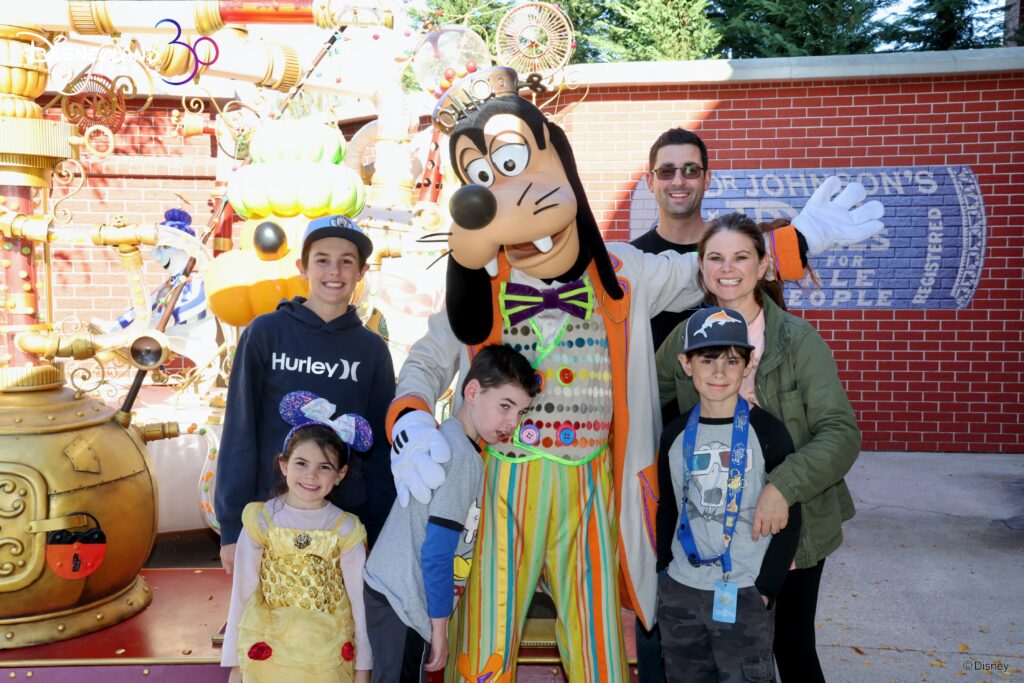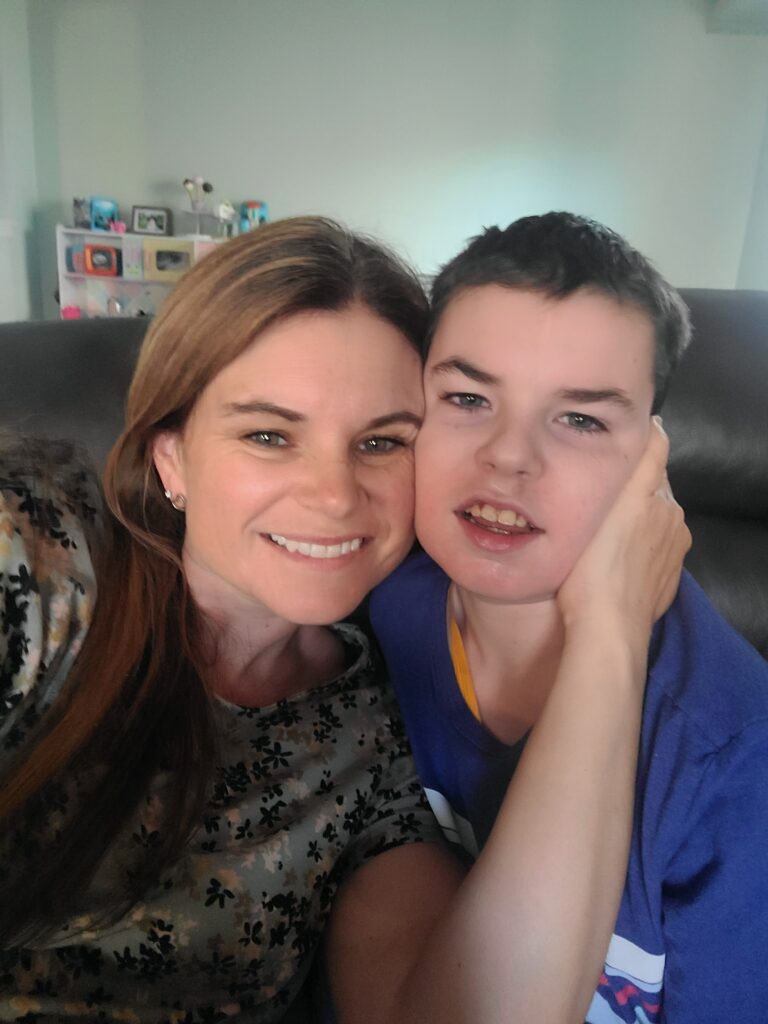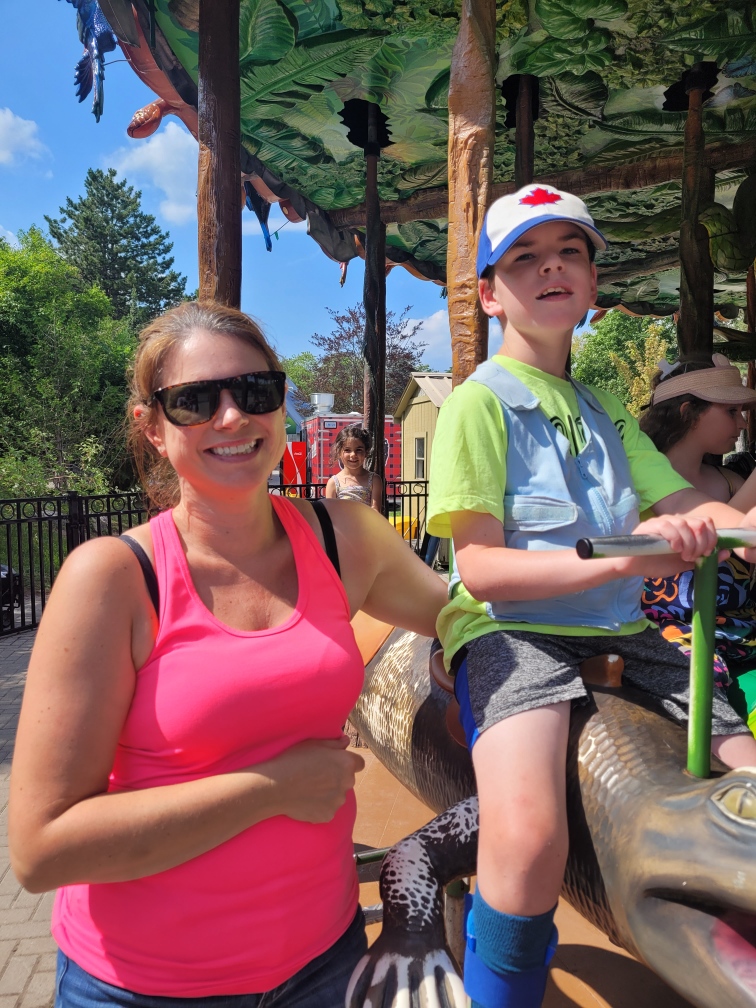March is national epilepsy awareness month in Canada, and Grandview Kids hopes to encourage people to acknowledge and understand the disorder and support the fight against the misconceptions, discrimination and isolation facing those who live with epilepsy.
Disclaimer: Jacki is a peer navigator, and her information is not a substitute for professional medical advice.
Jacki’s Story
It’s about one month away from Colton’s first seizure anniversary. To this day, it can still be incomprehensible that my little boy has been having seizures for 12 years. Colton’s first seizure was when he was 8 months old; his second seizure was 2 weeks later, and from there, they never stopped. His seizures are not every day; sometimes they are not every week, but most certainly, by the 2 weeks mark, he has had a few.
Back when Colton’s seizures began, I chased seizure freedom as that was the only goal. I chased it at the cost of anything. The reality is that 30% of individuals with Epilepsy will not have seizure control, and my son is one of them (at least currently, I never lose hope or belief that a treatment will become available in his lifetime). Our family had to learn to live in between the seizures and enjoy any seizure-free day Colton had.


During the past years of parenting a child with a seizure disorder, I have learned a few things:
People mean well; the friend who asks if you have read this article or tried this medication, the mom who says he will outgrow it, the doctor who sends him for more bloodwork. They mean well but they also do not know what is best for your child, you do. You need to educate them on your child, but also learning to understand people do mean well makes this road easier.
With healthcare providers, I found that asking questions and taking time to understand the next steps is essential. Medications for Epilepsy tend to have side effects, so choosing the right treatment plan is important and should not be rushed. Getting a second opinion can be worth it, and so is connecting with other families with similar diagnoses.
Find your tribe – yours and your child’s. Knowing who to reach out to or who you can trust to support your child makes hard days easier. If the doctor or support worker isn’t the right fit, then ask for a referral elsewhere. I have done this; I do not regret it. They may be great, but they are not the right ones for your child. I know who I can reach out to on a hard day, who is going to listen and give what I need. This has come with time, but having the right tribe is helpful.

Finally, it is ok to be sad, stressed, scared or anxious. Those are real feelings, and it is important to feel them. It is natural to think of all the things that can go wrong, but you must also think of all the things that will go right. Write down a list of things that you can do for yourself when you are stressed and having a tough day. Some ideas are getting outside, reading a book, listening to music, ordering a Starbucks drink, and taking a few minutes for some deep breaths. As a parent of a child with seizures, I know there will be bad days, but being prepared with what I can do for myself when feeling depleted helps. It is vital to recognize that taking care of yourself allows you to be there for others.
Check out more Grandview Kids articles
- Celebrating Ahaana: Finding sound, strength and community on Cochlear Implant Day
- Navigating the intersection of disability and race as a caregiver: Honouring Black History Month
- Embracing hope through every challenge: Brock’s journey
- Jack’s resilience shines through every step: Rare Disease Day
- February: Dates of Significance
